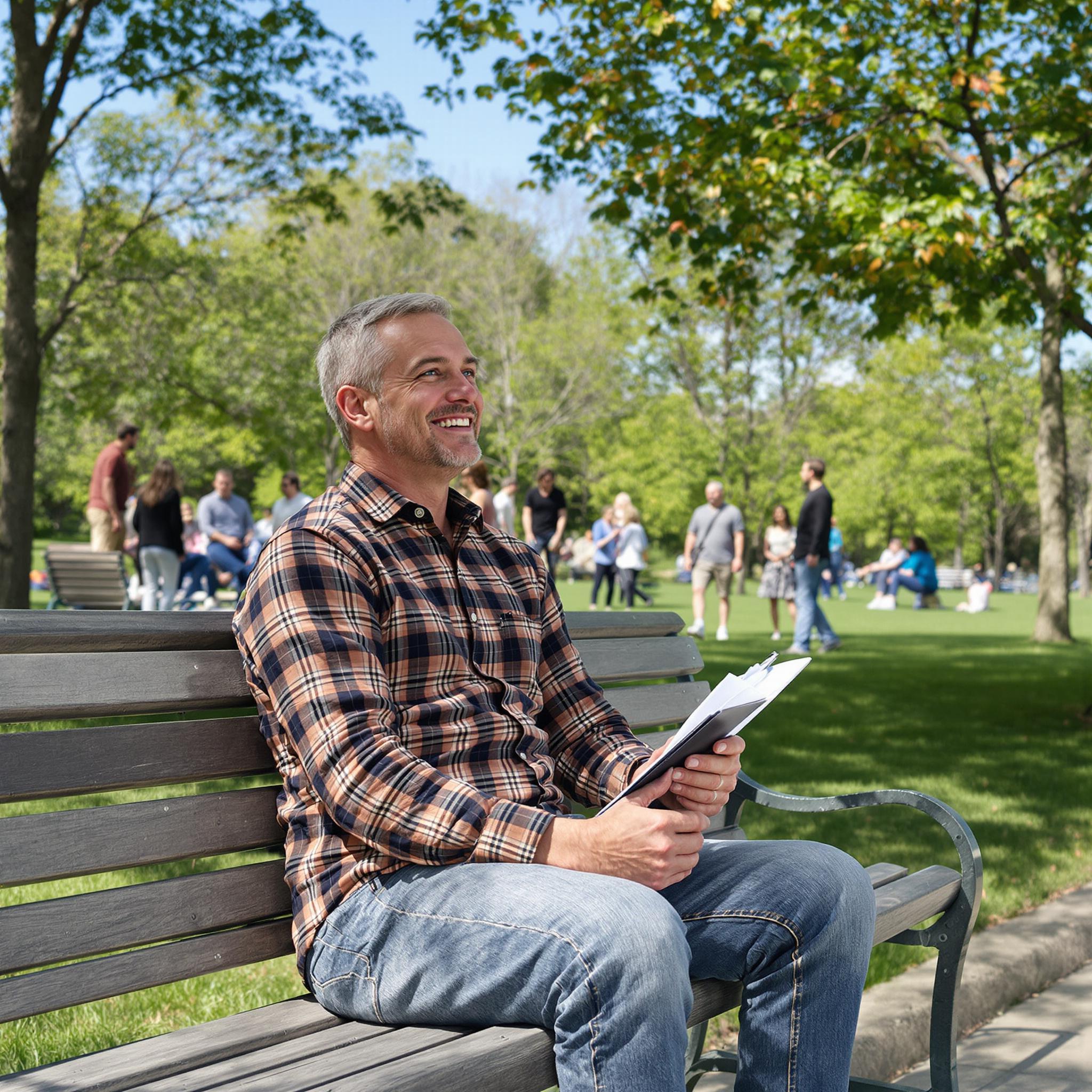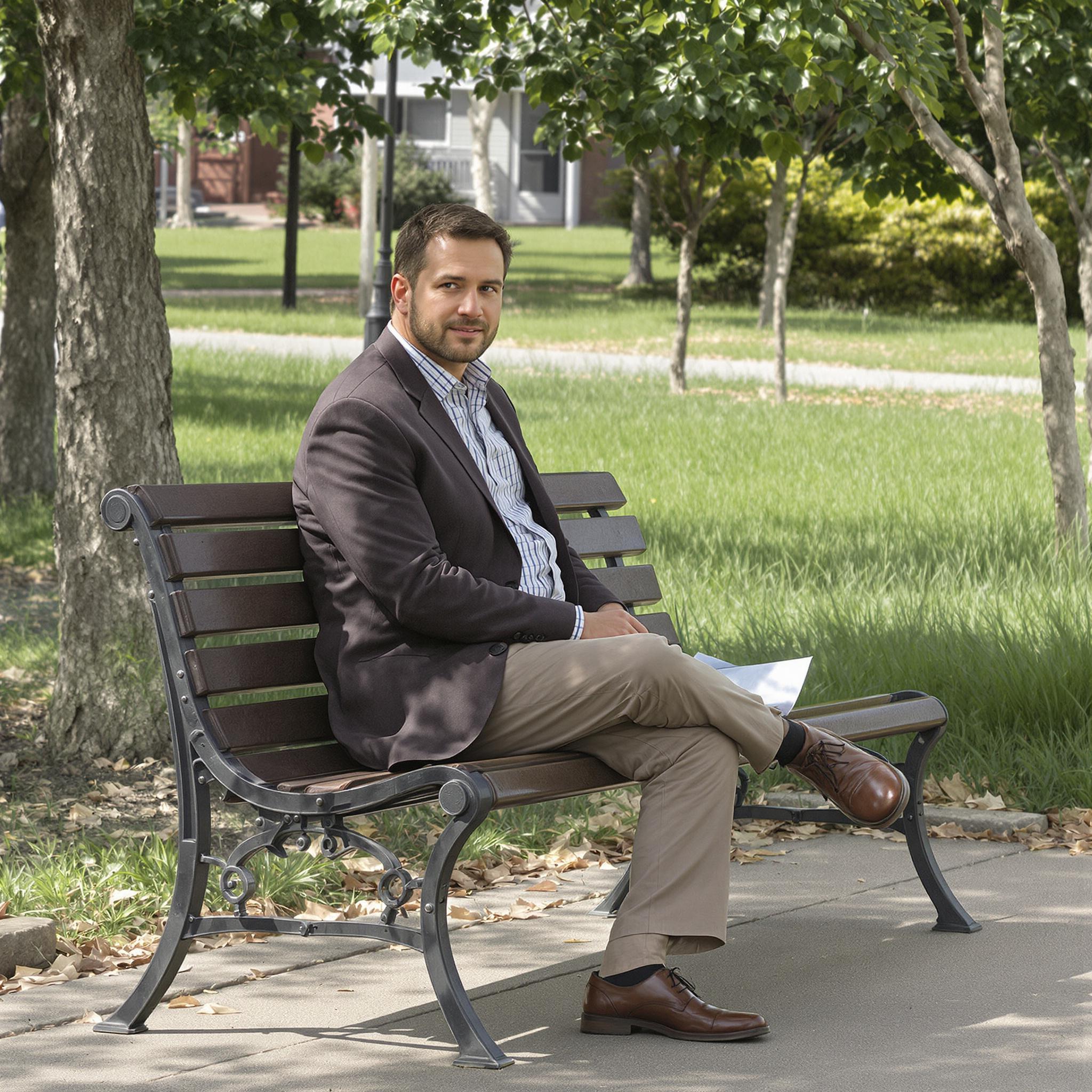Making Friends After Divorce
Divorce can feel like one of life’s biggest curveballs. It’s not just about the end of a marriage—it’s about adjusting to a whole new way of living. And let’s face it, starting over socially? That can be downright intimidating. You might catch yourself wondering, “Where do I even start?” or “Will I ever find people who truly get me?” The good news is, you absolutely can rebuild your social circle—and this next chapter might even surprise you in the best possible way.
When your relationship status shifts, so do many of your social ties. Maybe some mutual friends have stepped back, or perhaps you’ve realized certain relationships weren’t as solid as you thought. It’s tough—no doubt about it. But on the flip side, this is your chance to hit reset. You get to focus on what makes you happy, dive into interests you’ve always wanted to explore, and connect with people who match the person you’re becoming.
Making friends after divorce isn’t just about filling empty spaces in your calendar. It’s about creating connections that light up your life and bring genuine joy. So, how do you take those first steps? Stick with us—we’ll guide you through practical tips and strategies to help you embrace this fresh start with confidence.

Why Building New Friendships is Important
Divorce is tough—there’s no sugarcoating it. It’s not just about ending a relationship; it often means your entire social world shifts, leaving you feeling like you’re starting from scratch. Sound familiar? If so, you’re not alone. That’s why building new friendships isn’t just a “nice to have”; it’s a critical part of healing and moving forward.
Friends bring more than companionship—they can be a lifeline when things feel overwhelming. Let’s face it: divorce can leave you feeling emotionally drained. Having people in your corner who truly get you can make all the difference. They give you someone to talk to when the nights feel long or when you just need to vent about how everything seems upside down. And sometimes, they’re simply there to make you laugh when you didn’t think that was possible anymore.
But here’s the thing—new friendships aren’t just about support. They also help you rediscover parts of yourself that might’ve been tucked away during your marriage. Maybe it’s been years since you’ve tried something new, or perhaps you’ve forgotten how much fun it is to meet people with shared interests. Joining that hiking group? Picking up pottery again? These aren’t just activities—they’re opportunities to reconnect with who you are outside of the “ex” label.
[IMAGE 1: Consider placing an image here that shows people laughing together or enjoying a group activity, emphasizing the joy and connection that come with friendships.]
Ultimately, making new friends after divorce isn’t just about filling time—it’s about creating a life that feels good again. Sure, it’s scary at first (who wouldn’t feel nervous?), but every step brings you closer to brighter days and deeper connections. So why not take that first step? The rewards could surprise you in ways you never imagined.
Challenges of Making Friends After Divorce
Starting over socially after a divorce can feel like an uphill battle, can’t it? You’re already juggling a whirlwind of emotions, and now you’re faced with the tricky task of building a new social circle. It’s overwhelming—but tackling these challenges one step at a time can make all the difference.
Fear of Rejection and Vulnerability
Let’s be honest—putting yourself out there again is scary. After a divorce, your confidence might feel a little bruised, leaving you second-guessing yourself. What if they don’t click with you? Or worse, what if you open up and get hurt again? These doubts are normal, but they can keep you stuck. Here’s the thing: vulnerability isn’t a bad thing. In fact, it’s what paves the way for genuine, meaningful relationships. You don’t have to dive in headfirst; just start small—say hello to someone new or strike up a casual conversation.
Time Constraints and Prioritization
If your calendar already feels like it’s bursting at the seams—between work deadlines, family obligations, or co-parenting schedules—it’s no wonder finding time to socialize seems impossible. So, where does making friends even fit into all this? The truth is, it doesn’t have to take hours of your day. Little moments count too. Try chatting with another parent at your kid’s soccer game or dropping by a short event in your community. Think of it as planting seeds—you don’t need to nurture them every day for them to grow.
Navigating Friendships with Mutual Friends
Here’s a tough one: mutual friends from your marriage. Some may feel caught in the middle, while others might quietly drift away. It stings, doesn’t it? But this isn’t about you—it’s about their discomfort with the situation. Instead of dwelling on who leaves, focus on the ones who stay, and put energy into meeting new people who align with the version of yourself you’re becoming.

Sure, these challenges aren’t easy—but they’re not insurmountable either. Each small step forward adds up, even when progress feels slow. Who knows? The next person you meet at that book club or neighborhood event could become a lifelong friend. Why not give it a shot?
Practical Strategies to Meet New People
Rebuilding your social life after divorce might feel a bit overwhelming at first, but it’s also an exciting chance to meet people who match where you are in life now. Think of it this way: every new connection is an opportunity to rediscover joy, boost your confidence, and feel a deeper sense of belonging. So, how do you start? Let’s break it down into some practical steps that can make meeting new people feel less intimidating.
Join Clubs, Groups, or Classes
One of the best ways to meet like-minded individuals is by diving into activities you already enjoy—or maybe even trying something completely new. Ever wanted to join a book club? Love the idea of learning how to cook Thai food? How about a local hiking group? These kinds of settings naturally bring people together around shared interests, making conversations flow more easily. Sure, walking into that first meeting might feel awkward (we’ve all been there), but stick with it. Over time, those once-strangers could turn into friends you look forward to seeing. And hey, you might even uncover a hidden passion along the way.
Attend Networking Events
Networking events aren’t just for climbing the career ladder—they’re also great for building personal connections. You’ll find local community gatherings or professional meetups happening all the time if you keep an eye out. Yes, it might feel a little nerve-wracking to step into a room full of unfamiliar faces, but here’s the thing: everyone else is there to connect too. Break the ice with simple questions like, “What brought you here today?” or “Do you come to events like this often?” Before you know it, the conversation will take on a life of its own.

Volunteer in Your Community
Volunteering isn’t just good for the heart—it’s also a fantastic way to meet people who care about the same things you do. Whether it’s helping at an animal shelter, organizing food drives, or planting trees in the neighborhood park, these shared experiences create instant opportunities for connection. Picture this: you’re walking rescue dogs or sorting through donations alongside someone who’s just as passionate about giving back as you are. It’s easy to strike up a chat when everyone’s working together toward a common goal.
Explore Online Communities and Apps
If getting out there in person feels like too big a leap right now, no worries—online communities and apps have got your back. Platforms like Meetup or Bumble BFF are designed specifically for connecting people based on shared interests and location. The best part? You can ease into conversations at your own speed without feeling any pressure. And when you’re ready, those virtual connections can easily transition into real-life friendships.
Taking these steps might feel uncomfortable at first—it’s normal! But remember: small efforts add up over time. Start by focusing on one interaction at a time and trust that the rest will follow naturally. Before long, you’ll find yourself surrounded by people who bring positivity and energy into your life—and isn’t that what we’re all looking for?
Maintaining Healthy Boundaries in Friendships
Building new friendships after a divorce can feel like a fresh start, but let’s be honest—it’s not always easy to navigate. That’s why setting healthy boundaries is so important. Think of boundaries as your personal guardrails: they keep things running smoothly and prevent you from feeling overwhelmed or stretched too thin.
Here’s the thing—friendships should leave you feeling uplifted, not drained. If you notice that a relationship feels one-sided, where you’re always the one giving or showing up, it might be worth taking a step back. Ask yourself: Does this person really add value to my life? Or do I leave every hangout feeling more stressed than before? Sometimes, just pausing to reflect can give you the clarity you need.
And let’s talk about oversharing for a second. It’s totally normal to want to open up about your divorce or vent about the tough stuff—it’s human. But dumping too much too soon on someone new can backfire. Instead, ease into conversations by focusing on shared interests or lighter topics. Deep connections take time, and trust will grow naturally if you give it space.
Oh, and don’t forget your old friends! It’s tempting to pour all your energy into exciting new relationships, but those lifelong friends who’ve been there through thick and thin deserve your attention too. They’re your roots in times of change.

At the end of the day, boundaries aren’t about keeping people out—they’re about creating room for friendships that truly nourish and support you. And that? That’s worth protecting.
Long-Term Tips for Building Meaningful Connections
Building meaningful connections isn’t something you can rush—it takes time, care, and a bit of persistence. After divorce, it’s tempting to focus on quick fixes for loneliness, but lasting friendships require a little more depth and intention.
Start by leaning into shared interests. Do you love hiking? Maybe you’ve always wanted to join a book club or take up painting. Whatever it is, bonding over something you’re passionate about makes connecting feel natural. Plus, shared experiences create those “remember when” moments that help friendships grow stronger over time.
Here’s another thing to keep in mind: be patient. Genuine friendships don’t just appear overnight, right? It might take a while to find people who truly click with you—and that’s okay. The key is to keep showing up and being yourself. The right people will come along when you least expect it.
And don’t shy away from being vulnerable—this one’s big. When you’re open about your story or what you’ve been through, it helps others feel safe doing the same. That kind of authenticity is what builds deeper bonds.

At the end of the day, it’s not about having tons of friends; it’s about finding the ones who really matter. Take your time—you’ll know when you’ve found them!
FAQ Section
Figuring out how to rebuild your social life after divorce isn’t always easy, is it? You’re probably wondering things like, “Where do I even start?” or “What if I don’t have time to meet new people?” Don’t worry—you’re not alone. This section answers common questions about making friends post-divorce, from handling awkward situations with mutual friends to balancing your busy schedule. Let’s tackle this together!

Leave a Reply